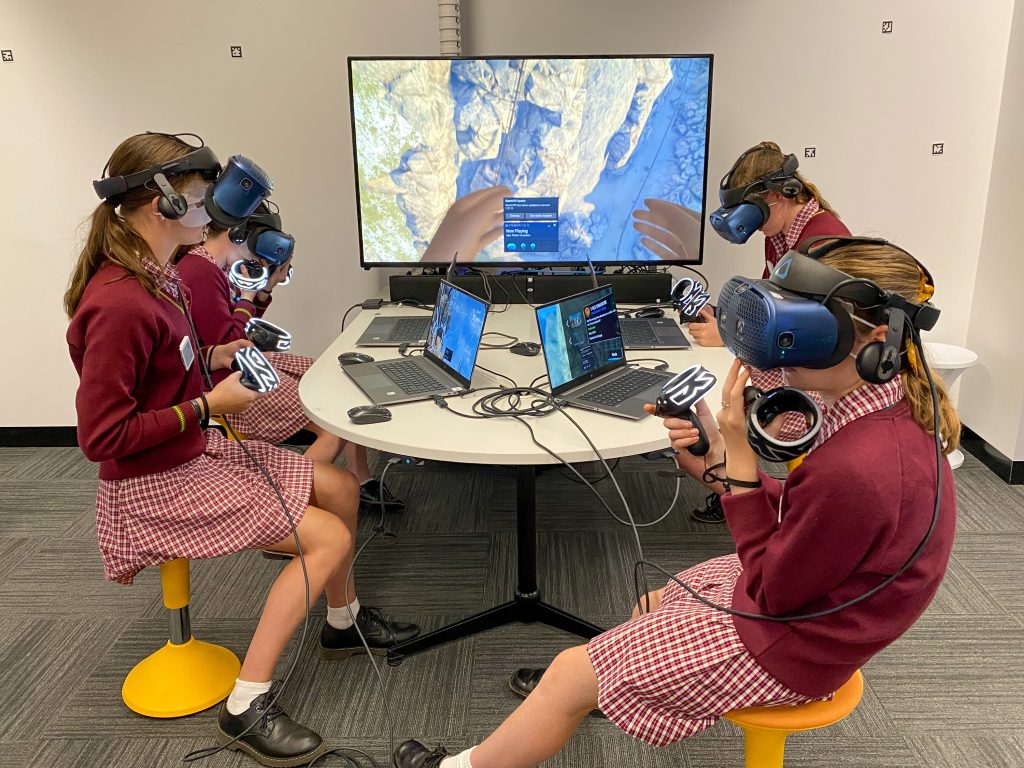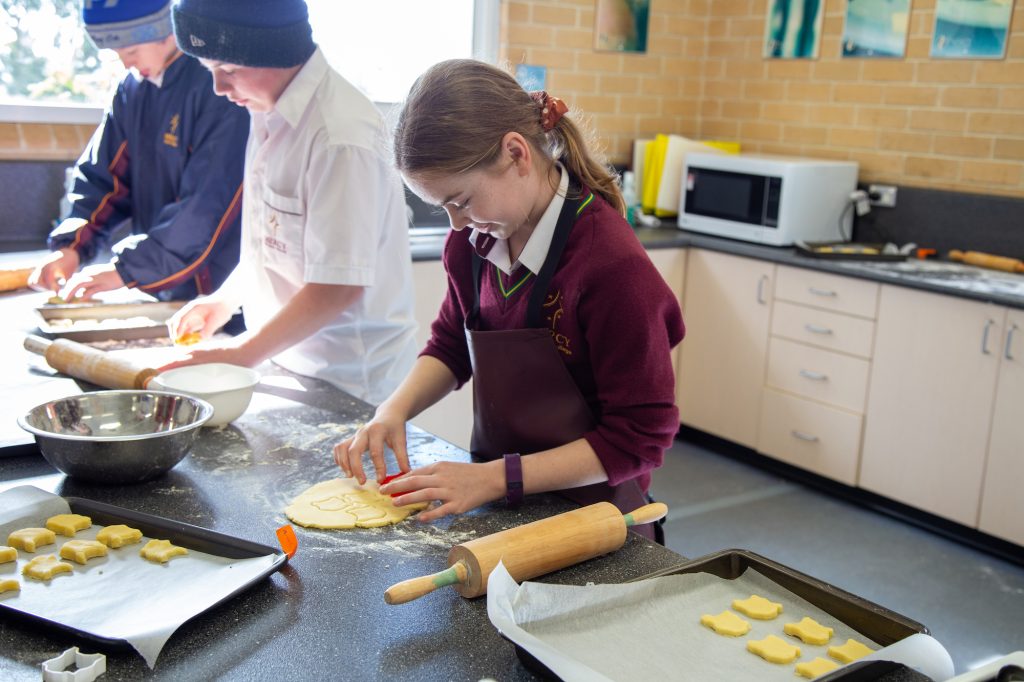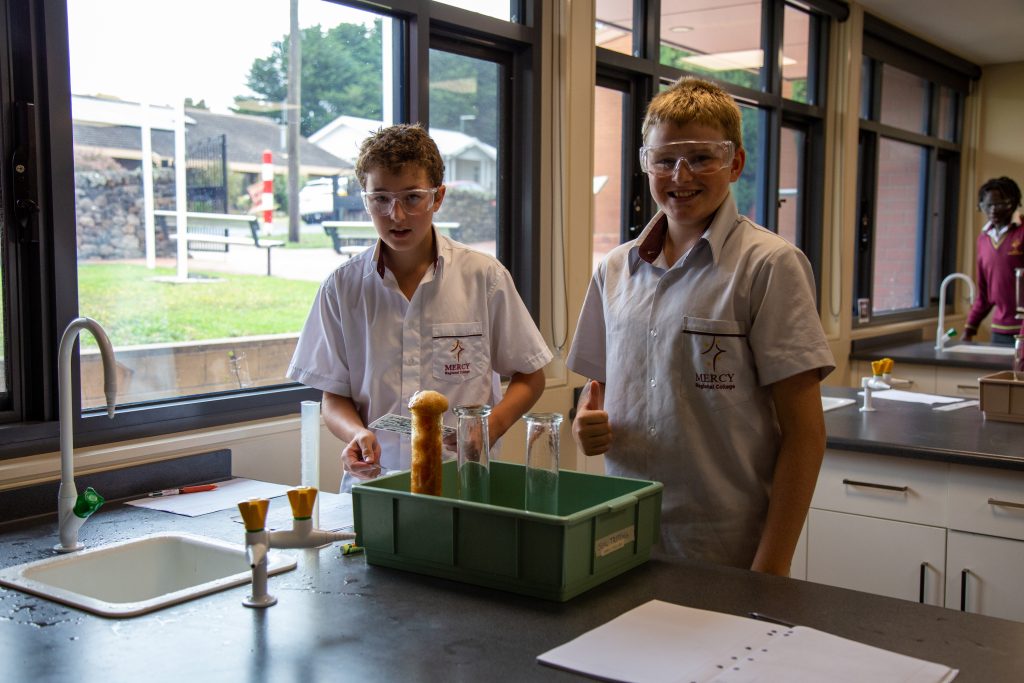Junior Years (7-8)
At Mercy Regional College we recognise the significance of a smooth transition for all students to their secondary school experience. To support this transition, all Year 7-8 students attend our dedicated Junior School campus located at Noorat. The Junior School curriculum is designed to meet the individual learning needs of all students whilst providing an opportunity for connection to the environment, local community and to our shared history inclusive of the traditional owners of the land on which we learn.
Year 7 is a foundation year for students’ secondary study. All students undertake the same units over two semesters in all of the Key Learning Areas. This ensures that at the end of Year 8 students are able to make a well informed decision regarding their subject choices for Year 9.
Year 7-8 curriculum aims to:
Provide quality education which meets the abilities and needs of individual students.
Be balanced in providing effective learning experiences for both girls and boys.
Rely on the previously learnt practices in each subject area as the year progresses.
Core Subjects
• Religious Education
• M.E.R.C.Y. (Pastoral Care)
• English
• Mathematics
• Science
• Health & PE
• Humanities
• Personal Development
• STEAM
• French / Victorian Aboriginal Languages (Year 8 only)
Semester Based Subjects
• Visual Arts – Art
• Visual Communication Design
• Music
• Drama
• Materials Technology
• Food Technology
At Mercy Regional College, we believe all young people need to develop skills in Literacy and Numeracy whilst being provided the opportunity to develop capability in information and communication technologies. Year 7 to 9 students are equipped with a MacBook to support their learning. Attention is also given to the development of 21st century skills as ways of thinking, learning, working and living. These include critical and creative thinking, personal and social capability and ethical and intercultural understanding.
STEAM
STEAM education is an approach to learning that integrates Science, Technology, Engineering, the Arts and Mathematics in a program designed to develop student inquiry, dialogue, and critical thinking skills. Year 7-8 students learn about digital technologies, 3-D printing, robotics, coding and laser cutting as they complete projects which have a real world focus. STEAM enables students to take thoughtful risks, engage in experiential learning, persist in creative problem-solving, and embrace collaboration.





